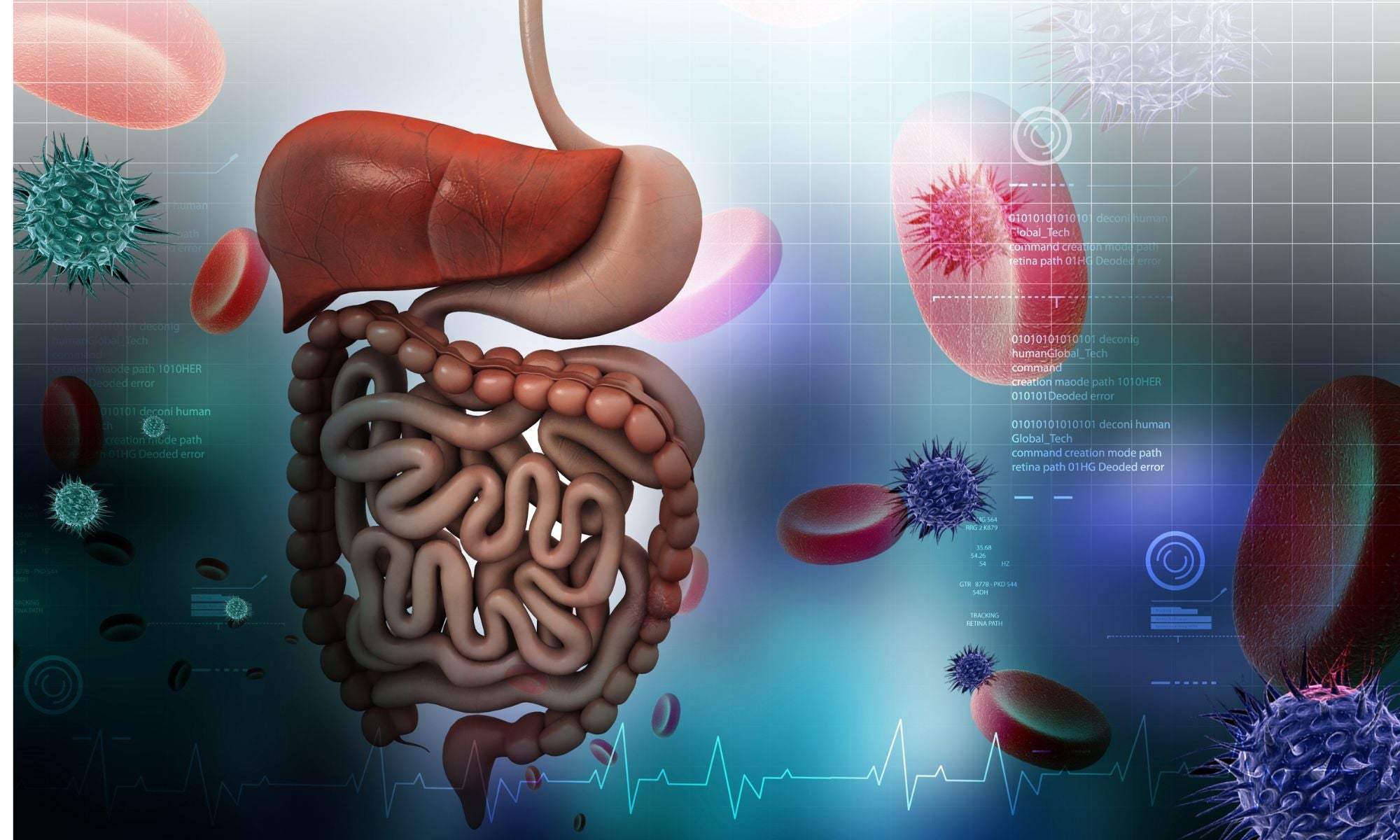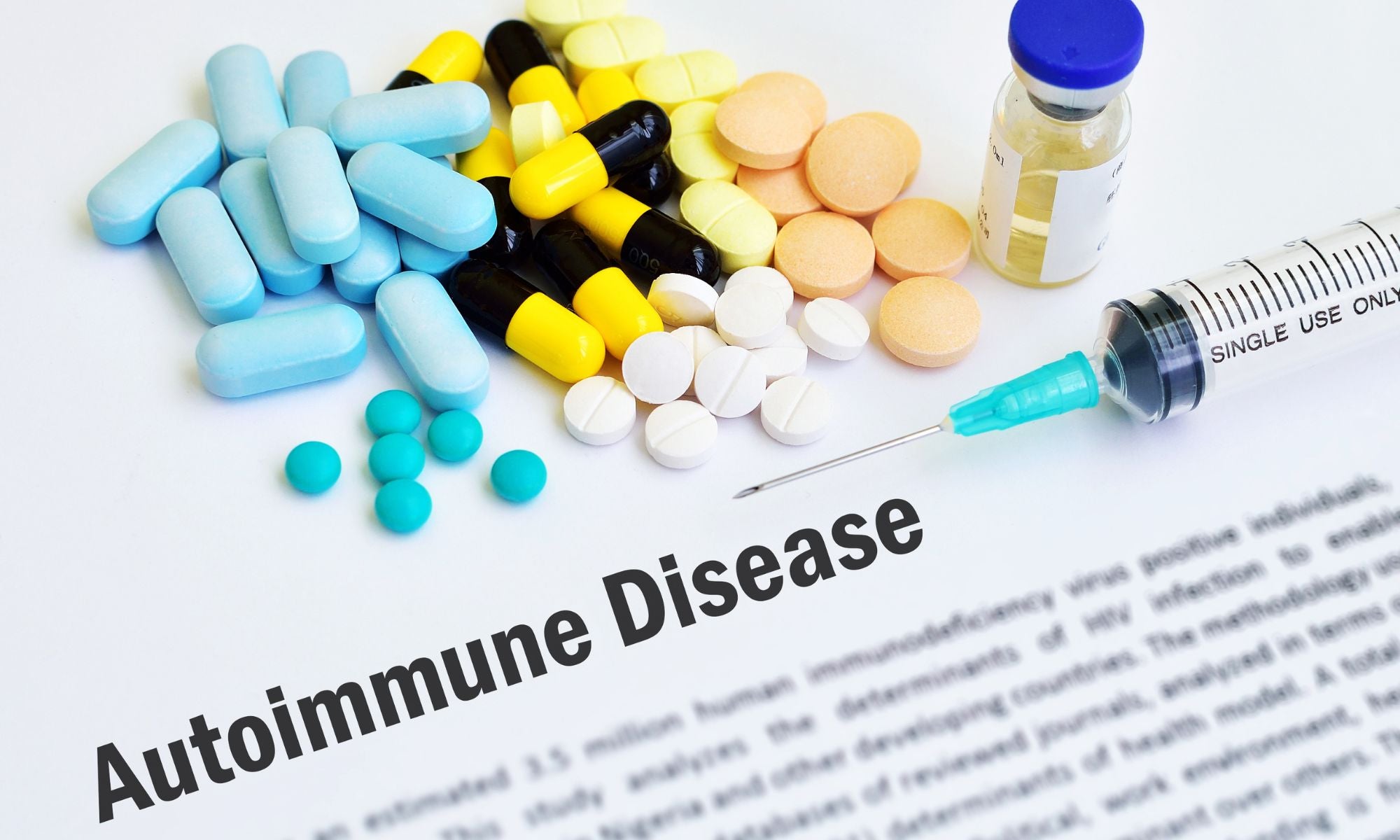
Prevent Colon Cancer with These Foods
Introduction
Colon cancer is a serious disease that can be fatal. While there are many types of colon cancer, all of them begin in the cells of the colon (the lower part of the large intestine). Cancer develops when these cells grow out of control and form tumors. Colon cancer affects men and women equally but often begins after age 45.
There are no symptoms at first, but as the tumor grows larger, it may cause blood in your stool or pain in your abdomen or back. If you're diagnosed with this disease, treatment usually involves surgery to remove part or all of your colon, chemotherapy, and radiation therapy.
But if you eat foods high in fiber (such as fruits and vegetables), which help move waste through your body quickly, you'll significantly reduce the risk of developing this condition!
What is colon cancer?
American Cancer Society data indicate that colon cancer is the most common cancer in the country. It's also the third leading cause of cancer deaths in the U.S., so it's essential to know how to prevent this disease from developing. Colon cancer develops when cells within your colon start dividing uncontrollably, which can lead to tumors or growths called polyps (colorectal polyps).
The two main types of colon cancers are:
- Adenocarcinoma - This type accounts for about 95 percent of all cases and begins in gland-like cells that line your digestive tract's inner surface;
- Sarcoma - This type usually develops from connective tissue found throughout your body;
The lower part (or rectum) is where most cancers occur because it contains more blood vessels than any other section along your digestive tract, making them easier targets for disease-causing agents like viruses or bacteria.

Risk factors for colon cancer
Colon cancer is the third leading cause of cancer-related deaths in the United States. It affects more than 100,000 Americans yearly and is most often diagnosed in people between 50 and 75.
The risk factors for colon cancer include:
- Age: people over age 50 are at higher risk for developing colon cancer and may be eligible for screening tests
- Family history: having a first-degree relative, such as a parent or sibling, who has had colon cancer increases your risk
- Race/ethnicity: people of African descent have a higher rate of colon cancer than those of Asian descent, while whites have the lowest incidence
Prevention of colorectal cancer through early detection
Colon cancer ranks third in terms of the most common cancers in the United States and the second leading cause of cancer death. The most common sign of colon cancer is blood in your stool, but hemorrhoids or other conditions can also cause this symptom. Consult your doctor if you experience any unusual symptoms or have a family history of colon cancer.
A colonoscopy allows your doctor to examine your large intestine (colon) for signs of cancer and precancerous polyps. During a colonoscopy, your doctor inserts an instrument called a colonoscope into your anus and guides it gently into your rectum and up into your colon. After washing out your colon with water, they use the scope to look for abnormal areas that might need additional testing.
If you get regular screenings (such as annual physicals), you can find colorectal cancer at an early stage when it's more treatable than when it's discovered later. Early detection also means less invasive treatment options—and better long-term outcomes—for you and those around you.
Foods that help prevent colorectal cancer
Many foods can help prevent colon cancer. These include fruits and vegetables, whole grains, legumes, and green tea.
In a study of more than 110,000 people, researchers found that consuming fruits and vegetables may reduce the risk of colon cancer by about 30 percent. Aside from being low in fat, fruits, and vegetables are also rich in fiber and antioxidants that fight free radicals.
Whole grains are another way to protect against colon cancer because they're rich in fiber and antioxidants. Whole-grain cereal products have been shown to reduce the risk of colon cancer by up to 40 percent compared with refined cereal products like white bread or rice cakes.
Legumes—beans, peas, lentils—are also a good choice if you're looking for foods that can help prevent colon cancer because they contain fiber along with other nutrients such as folate (vitamin B9), which helps reduce homocysteine levels in the body (high homocysteine levels are associated with increased risk of heart disease).
Finally, green tea has been found to reduce the risk of several types of cancer, including colorectal cancer; one study found that drinking five cups per day could reduce your chances by as much as 50 percent!
Conclusion
To prevent colon cancer, knowing what foods are good for you and how they can help is essential. The best thing about these foods is that they're easy to add to your diet--you don't have to give up anything except maybe less red meat or processed meats!
Read More:-
Vitamin D and its Impact on Gut Health
The Advantages of Regular Colon Cleansing












